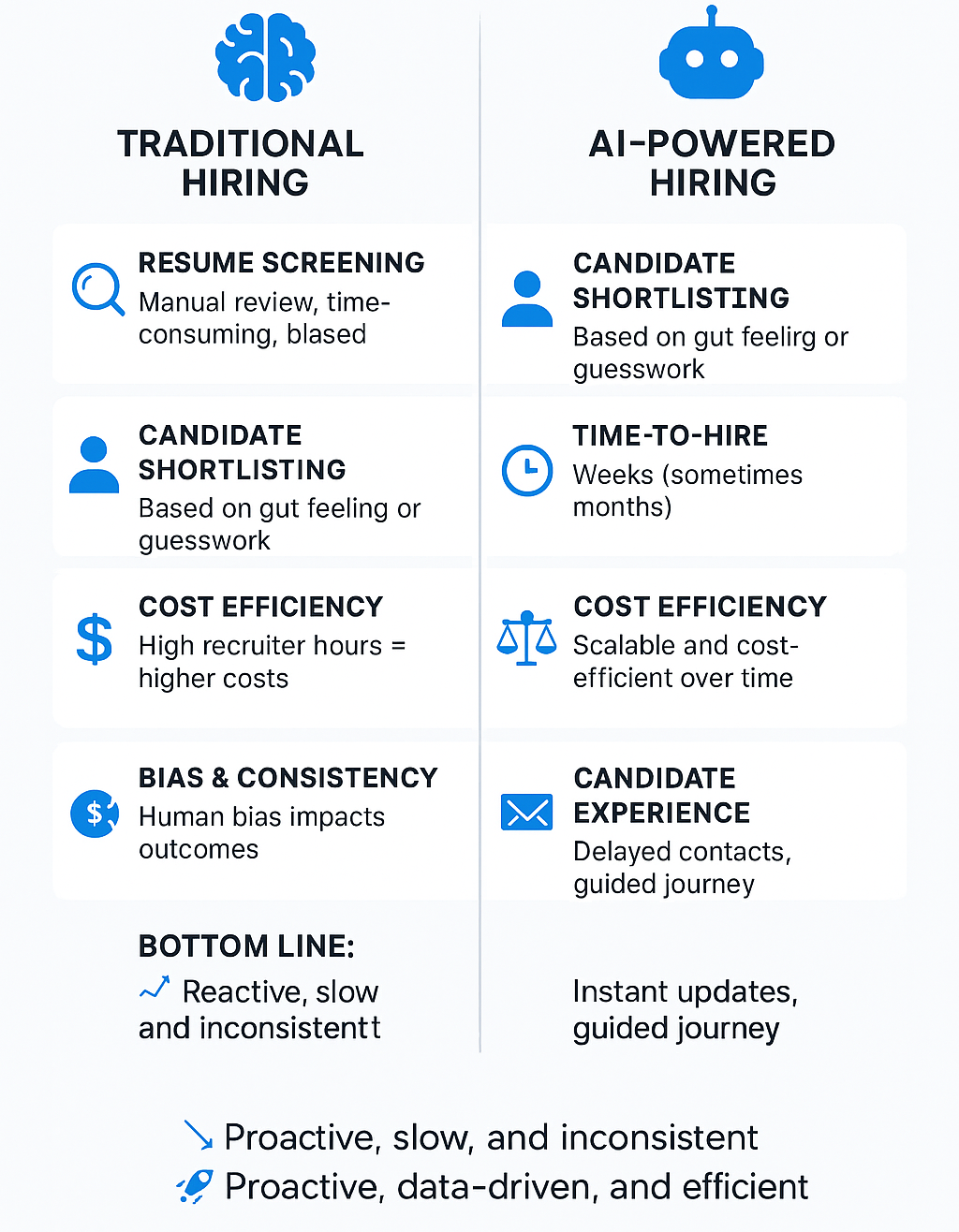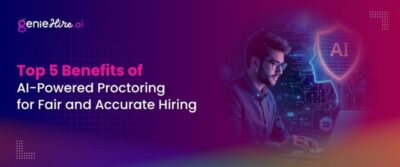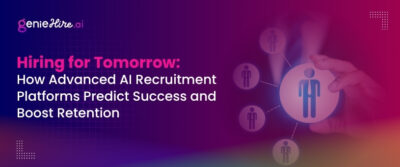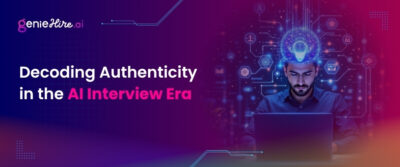Are you still battling endless stacks of resumes, feeling like your hiring process is stuck in slow motion? In today’s competitive talent landscape, the inefficiencies of traditional recruitment can cost you valuable time, resources, and ultimately, the best candidates. Enter Artificial Intelligence (AI), a transformative force rapidly reshaping how organizations find and onboard talent.
This blog will dissect the core differences between traditional hiring methods and the burgeoning world of AI-powered recruitment, helping you understand which approach – or combination – is right for your needs.
What Is Traditional Hiring?
Traditional hiring relies on manual processes and human judgment at each stage. The typical workflow often looks like this:
- Job Posting: Creating and distributing job descriptions across various platforms.
- Manual Screening: Recruiters painstakingly review each resume and application, looking for keywords and relevant experience.
- Interviews: Conducting phone screenings, in-person interviews, and potentially assessment centres.
- Reference Checks: Manually contacting provided references.
- Hiring Decision: Based on interview performance, experience, and gut feeling.
- Onboarding: Manual paperwork and introductory processes.
Pros of Traditional Hiring:
- Personal Touch: Allows for direct human interaction and a nuanced assessment of soft skills and cultural fit.
- Familiarity: Many recruiters and hiring managers are comfortable and experienced with these methods.
Cons of Traditional Hiring:
- Time-Consuming: Manual screening and scheduling can be incredibly slow, leading to missed opportunities.
- Potential for Bias: Unconscious biases can influence resume screening and interview evaluations.
- Inefficiency: Managing large volumes of applications manually is often overwhelming and resource intensive.
- Limited Scalability: Difficult to handle rapid growth or high-volume hiring effectively.
Now Let’s Look at How AI Can Change this
AI-powered hiring leverages technologies, such as Natural Language Processing (NLP) and machine learning, to automate and enhance various stages of the recruitment process.
A typical AI-driven workflow includes:
- Automated Resume Parsing: AI algorithms scan and analyze resumes, extracting key skills, experience, and qualifications with speed and accuracy.
- AI Chatbots for Candidate Engagement: Chatbots interact with candidates, answer questions, and guide them through the application process 24/7.
- Predictive Analytics: AI analyses data to identify top candidates, predict candidate success, and even forecast future hiring needs.
- Automated Interview Scheduling: AI tools can automate the scheduling and coordination of interviews.
- AI-Powered Assessment Tools: AI can analyze video interviews, assess skills through online tests, and even evaluate cultural fit based on data patterns.
Pros of AI-Powered Hiring:
- Speed and Efficiency: Automates time-consuming tasks, significantly reducing time-to-hire.
- Enhanced Fairness: Can reduce unconscious bias by focusing on objective data and anonymizing candidate information.
- Scalability: Easily handles large volumes of applications and supports rapid growth.
- Data-Driven Insights: Provides valuable analytics to improve the hiring process and identify top talent.
Potential Cons of AI-Powered Hiring:
- Lack of Human Touch: Over-reliance on AI can sometimes feel impersonal to candidates.
- Ethical Concerns: Potential for algorithmic bias if AI is trained on biased data.
- Data Readiness: Requires clean and well-structured data to function effectively.
Key Differences: Traditional vs. AI Hiring
Traditional hiring relies on manual processes and human judgment, while AI hiring uses data-driven algorithms to streamline recruitment and improve decision-making.

Why Companies Are Shifting to AI for Hiring
The shift towards AI in hiring is driven by compelling benefits. Studies show that AI can significantly reduce time-to-hire (by up to 75% in some cases) and improve the quality of candidates identified. For HR teams in Pune and beyond, AI means a reduced workload, allowing them to focus on strategic initiatives and building stronger candidate relationships in the later stages. Furthermore, AI tools, when implemented ethically, can support Diversity, Equity, and Inclusion (DEI) goals by mitigating unconscious bias in initial screening.
Traditional Hiring vs. AI-Powered Hiring – When to Use
The optimal approach isn’t always one or the other. Traditional methods still hold value when nuanced human judgment is critical, such as for executive-level roles where cultural alignment and strategic vision are paramount. However, AI shines when dealing with high volumes of applicants or when speed and efficiency are top priorities, such as for filling numerous tech roles, managing campus recruitment, or hiring for support staff.
Increasingly, a hybrid model is emerging as the most effective strategy. This involves leveraging AI for initial screening and administrative tasks while retaining human interaction for in-depth evaluations, cultural fit assessments, and building rapport with final candidates.
Final Thoughts: The Intelligent Evolution of Talent Acquisition
The landscape of talent acquisition is evolving rapidly and understanding the differences between traditional and AI-powered hiring is crucial for staying competitive. While the personal touch of human recruiters remains invaluable, the speed, efficiency, and data-driven insights of AI offer a powerful advantage.
Evaluate your organization’s specific hiring goals, challenges, and the types of roles you’re filling to determine the right balance. Embracing the intelligent evolution of hiring, whether through full adoption or a strategic hybrid approach, can unlock significant improvements in your ability to attract and secure top talent.
Ready to modernize your hiring process?




